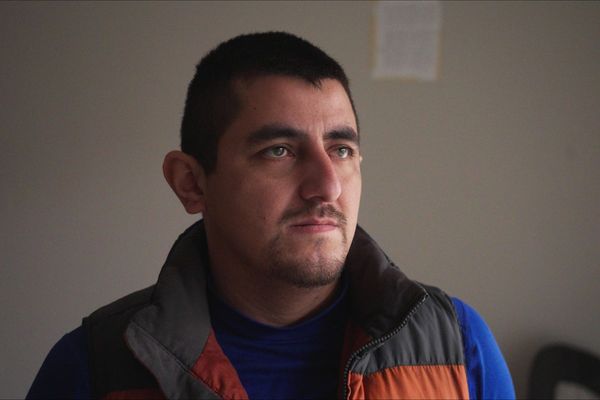
Four years ago, many Brazilians regarded the prospect of a victory for the far-right presidential candidate Jair Bolsonaro first with incredulity and then – rightly – with horror. As the 2 October election approaches, the fear that he will remain in power is greater still. He has proved a reckless and incompetent leader and remains a menace to democracy and the planet – egging on those destroying the Amazon rainforest, who are currently redoubling their efforts at the prospect of losing their champion. His main rival, the former president Luiz Inácio Lula da Silva, is more than 15 percentage points ahead in the latest major poll. The danger is that Mr Bolsonaro regards the actual vote as something of an irrelevance. Around a million citizens – including leading figures from business, politics, science and the arts – have signed a manifesto warning that democracy faces “immense danger”.
Mr Bolsonaro has abruptly cut fuel taxes, sent monthly cash transfers to poor families and is wooing evangelical churches devotedly again, while smearing his essentially pragmatic leftist rival – who was jailed for corruption but then saw his convictions quashed – as a crazed ideologue.
But while double-digit inflation and high unemployment may have peaked, a victory at the polls for Mr Bolsonaro looks unlikely. His last minute handouts are viewed cynically. Brazil lost 684,000 lives to Covid-19 as the president mocked masks and vaccines and dismissed the threat. His family’s finances are under renewed scrutiny after a Brazilian news group claimed that he and close relatives bought 107 properties over three decades – paying for at least 51 of them in cash. Opposition is unifying, with the former environment minister and presidential candidate Marina Silva rallying behind Lula.
Mr Bolsonaro, stabbed a month before 2018’s election, should know the cost of political violence better than anyone, yet continues to use aggressive rhetoric and spread hatred: “Buy your guns! It’s in the Bible!” he told supporters last month. Thanks to his relaxation of laws, the number of firearms in private hands has doubled to 2m. The last two months have seen the killings of a local official for Lula’s Workers’ party and of another of its backers by supporters of Mr Bolsonaro, who have also attacked other rallies and threatened politicians with guns.
Opponents fear not only pre-election violence but also a Trump-style bid to hang on to power in defiance of the electorate. Significant progress has been made in tackling disinformation in the country. But millions of diehard supporters are likely to see a defeat only as evidence that they have been cheated. Faced with the prospect not only of losing, but potentially of jail, the president has already claimed that the voting system is unreliable. He has previously declared that his future holds only prison, death or victory – and has told supporters: “The army is on our side.”
The claim is especially chilling given Brazil’s relatively recent history of military dictatorship. Though few accept his sweeping assertion, there is real concern that he could find significant support within the armed forces. A clear, outright victory for Lula, ideally in the first round but more likely in a runoff, is the best result for Brazilian democracy and the planet. Other countries must make it clear that they will not tolerate any attempt by Mr Bolsonaro to cheat, bully or menace his way to a second term.







